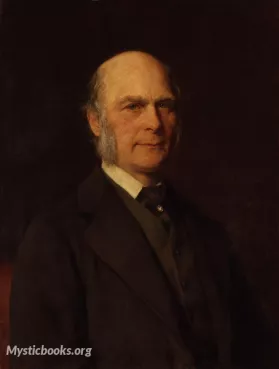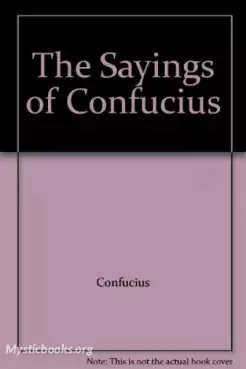
English Men of Science: Their Nature and Nurture
'English Men of Science: Their Nature and Nurture' Summary
In 'English Men of Science,' Sir Francis Galton undertakes a systematic investigation into the lives and achievements of eminent English scientists. He seeks to understand the relative contributions of innate ability (nature) and environmental factors (nurture) in shaping scientific success. Galton employs a variety of methods, including biographical sketches, statistical analysis of physical and mental attributes, and detailed examination of family histories. He meticulously compiles data on factors such as height, weight, head circumference, and social background, seeking correlations between these variables and scientific achievements. Through his analysis, Galton argues that certain physical and mental characteristics are associated with scientific brilliance, suggesting a hereditary component to intellectual prowess. This led him to promote the concept of eugenics, a controversial idea that advocated for selective breeding to improve the human race. While Galton's work is notable for its pioneering use of statistical methods in the study of human traits, his conclusions and advocacy for eugenics have been heavily criticized in modern times. Nevertheless, 'English Men of Science' remains a significant work in the history of science and the study of human nature, highlighting the complex interplay between innate abilities and environmental influences in shaping individual achievements.Book Details
Language
EnglishOriginal Language
Published In
Authors

Sir Francis Galton
England
Sir Francis Galton (16 February 1822 – 17 January 1911) was a British polymath in the Victorian era. He was a proponent of social Darwinism, eugenics, and scientific racism. Galton was knighted in 190...
Books by Sir Francis GaltonDownload eBooks
Listen/Download Audiobook
- Select Speed
Related books

Satan's Diary by Leonid Nikolayevich Andreyev
In "Satan's Diary", Andreyev summoned up his boundless disillusionment in an absorbing satire on human life. Fearlessly and mercilessly he hurled the...

American Men of Action by Burton Egbert Stevenson
In this book, Burton Egbert Stevenson writes a brief biography of some of the most noteworthy men in American history. He begins at the very beginning...

Journal from Japan by Marie Stopes
Marie Stopes' 'Journal from Japan' provides a personal glimpse into her life as a pioneering scientist and activist during the early 20th century. Whi...

Captain Cook by Walter Besant
The greatest navigator of all time. Captain Cook by Walter Besant is a biography of James Cook, the greatest navigator of all time. Cook was a Britis...

Lay Down Your Arms: The Autobiography of Martha von Tilling by Bertha von Suttner
The book Die Waffen nieder! (Down with Weapons!) or Lay Down Your Arms! is the best-known novel by the author and peace activist Bertha von Suttner, w...

Art of Worldly Wisdom by Baltasar Gracián
The Art of Worldly Wisdom is a collection of 300 insightful maxims written by Baltasar Gracián, a Spanish Jesuit priest, in the 17th century. Gracián'...

The Sayings of Confucius or The Analects of Confucius by Confucius 孔子
A treasure trove of wise and pithy sayings, reflections on education, family values, the ideal human being, life and living, politics, art, culture an...

Lincoln, The Lawyer by Frederick Trevor Hill
Abraham Lincoln, one of the most revered presidents in American history, was also a brilliant and successful lawyer. In his book Lincoln, The Lawyer,...

Wolfgang Amadeus Mozart by Herbert Francis Peyser
Mozart’s earthly career was so poignantly short yet so filled with incalculable achievement that the author of this booklet finds himself confronted w...

How They Succeeded by Orison Swett Marden
Success! Alluring, fascinating, informative. Why are some people successful while others languish on the scrap heap of life? Hard work? Luck? Nepotism...
Reviews for English Men of Science: Their Nature and Nurture
No reviews posted or approved, yet...